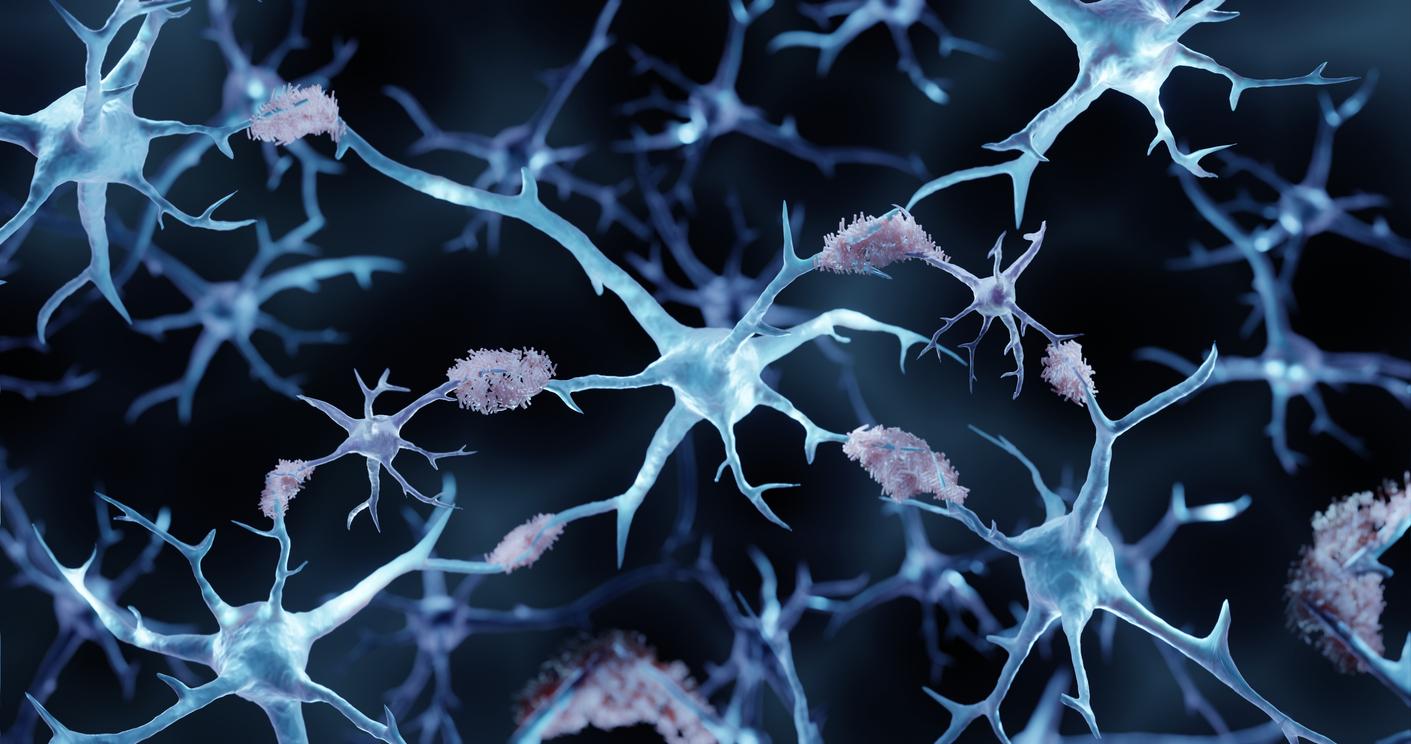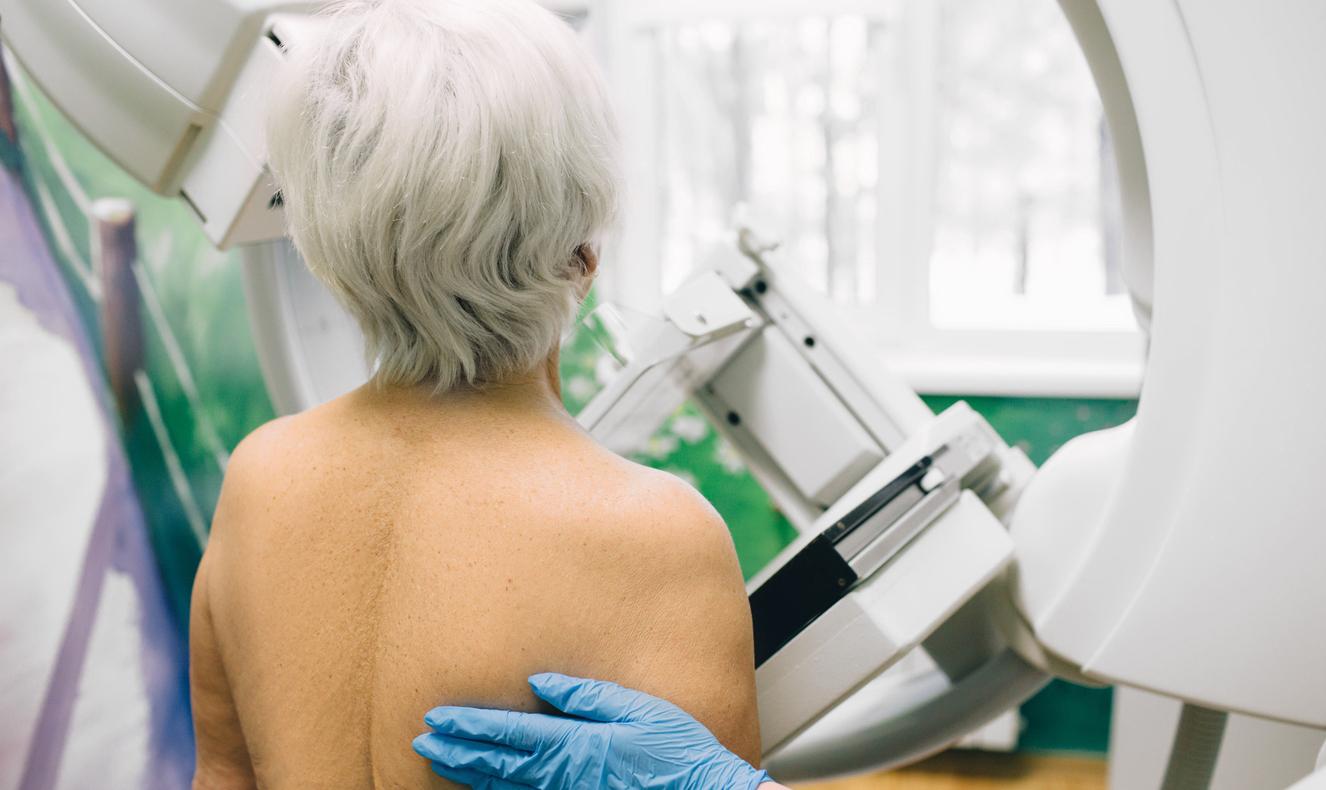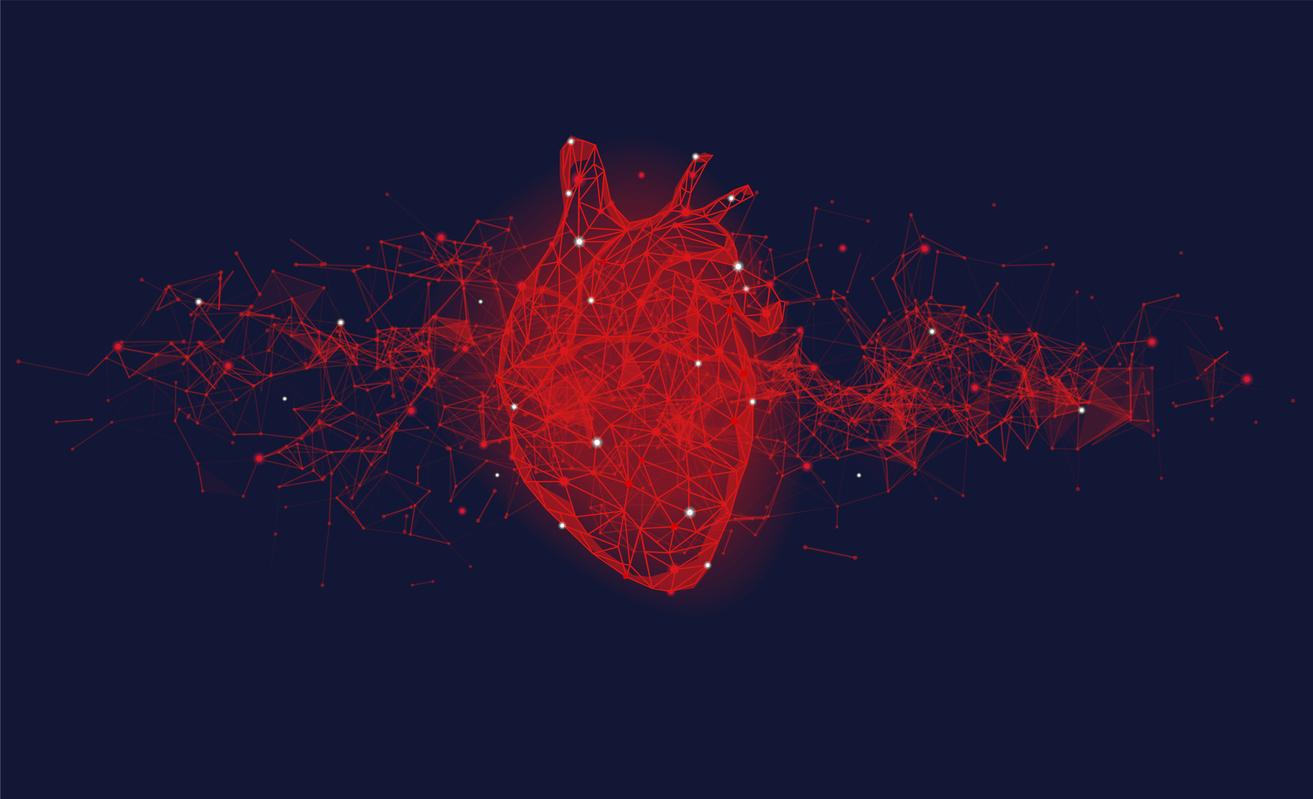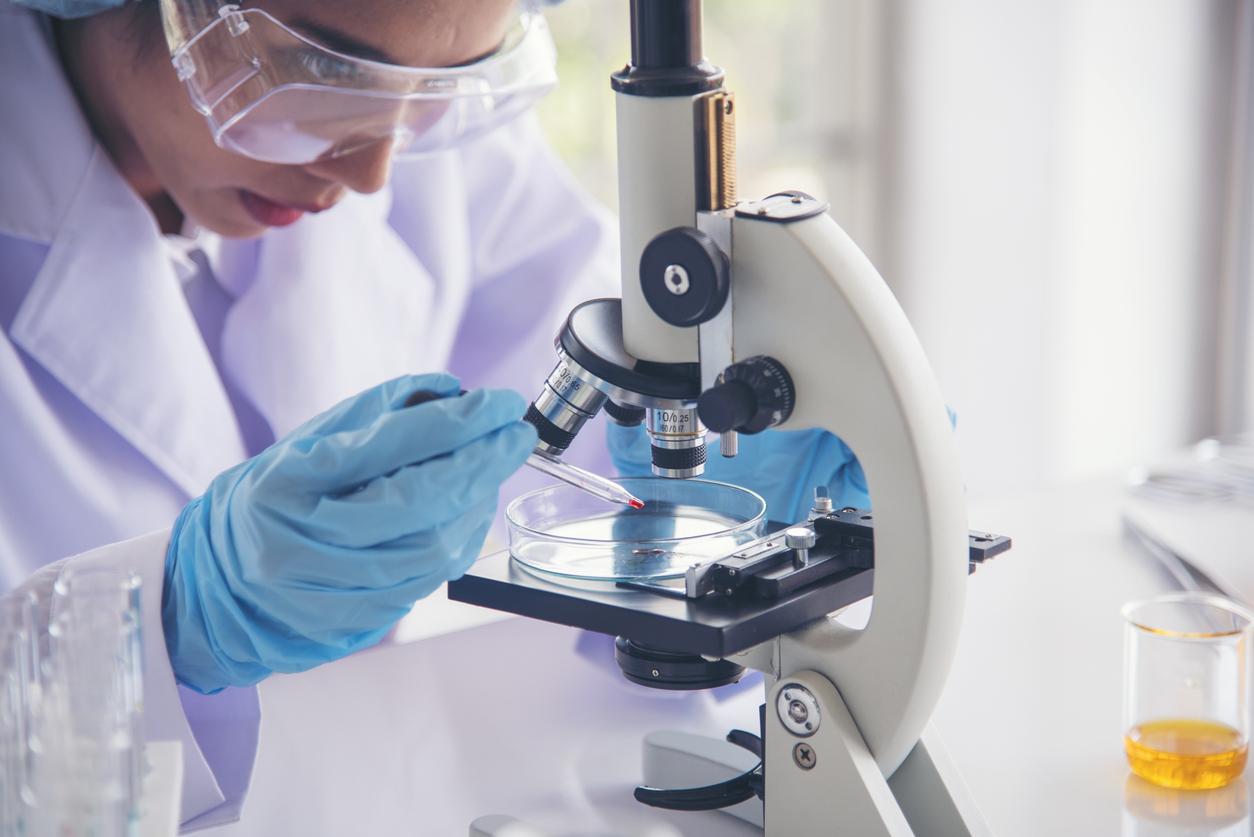In healthy women, some normal-appearing breast cells may contain chromosomal abnormalities typically associated with invasive breast cancer.
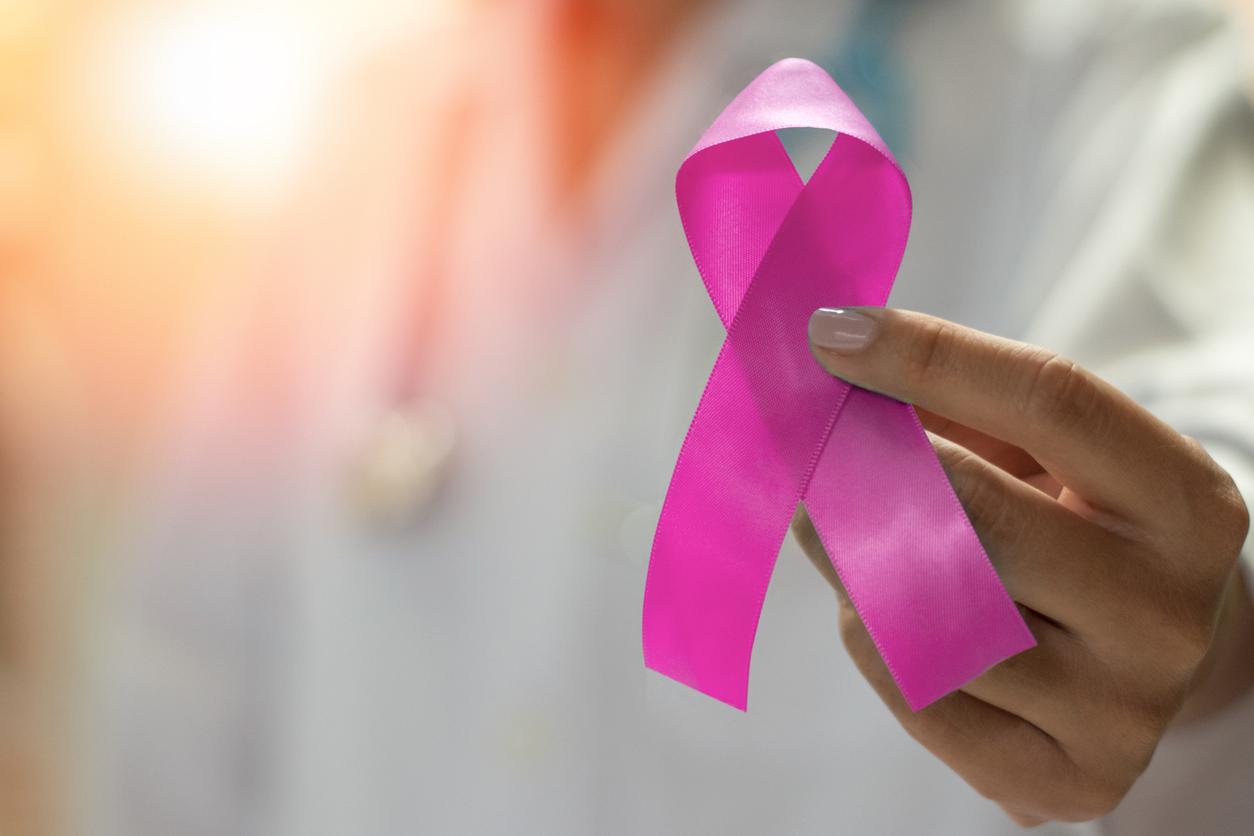
- Normal breast tissues harbor rare populations (3.19%) of aneuploid epithelial cells, that is to say not having the normal number of chromosomes, which increase with age.
- Many aneuploid epithelial cells (82.22%) in normal breast tissues underwent clonal expansions and showed copy number alterations.
- The most common changes were extra copies of chromosome 1q and losses of chromosomes 10q, 16q and 22, commonly seen in invasive breast cancers.
“Aneuploid epithelial cells, that is, those lacking the normal number of chromosomes, are common in breast cancer. However, their presence in normal breast tissue is not well understood.” This is what scientists from the MD Anderson Cancer Center at the University of Texas (United States) wrote in a study published in the journal Nature. To fill the gap on the subject, they used single-cell DNA sequencing and spatial mapping to profile copy number alterations in 83,206 epithelial cells from the breast tissue of 49 healthy women, without known illness, who were undergoing breast reduction surgery. Then, the information collected was compared to clinical data on breast cancer.
82.22% of epithelial cells show copy number changes reminiscent of invasive breast cancers
The results showed that all women had rare aneuploid epithelial cells (lining and covering the interior and exterior of the body) (3.19%). More than 82.22% of epithelial cells in breast tissues showed extensive copy number changes. The most common changes were extra copies of chromosome 1q and losses of chromosomes 10q, 16q and 22, commonly seen in invasive breast cancers. According to the scientists, participants’ age was significantly related to the frequency of aneuploid epithelial cells and the number of copy number changes. Specifically, older women accumulated more cellular changes.
“Spatial mapping showed that aneuploid cells localized in ductal and lobular structures. (…) They were mainly associated with two known cell lineages of the mammary gland.” These have distinct genetic signatures that can be estrogen receptor (ER) positive or negative. One lineage experienced copy number changes similar to ER-positive breast cancers, while the other appeared to have events consistent with ER-negative breast cancers, highlighting their potentially different origins.
“Our bodies are imperfect in some ways”
“This research just shows that our bodies are imperfect in some ways and that we can generate these types of cells over the course of our lives. This has important implications, not only for breast cancer, but also potentially for many types of “This does not necessarily mean that everyone has precancerous lesions, but we need to think about ways to set up larger studies to understand the implications for the development of cancer.” declared Nicholas Navinwho supervised the work.










